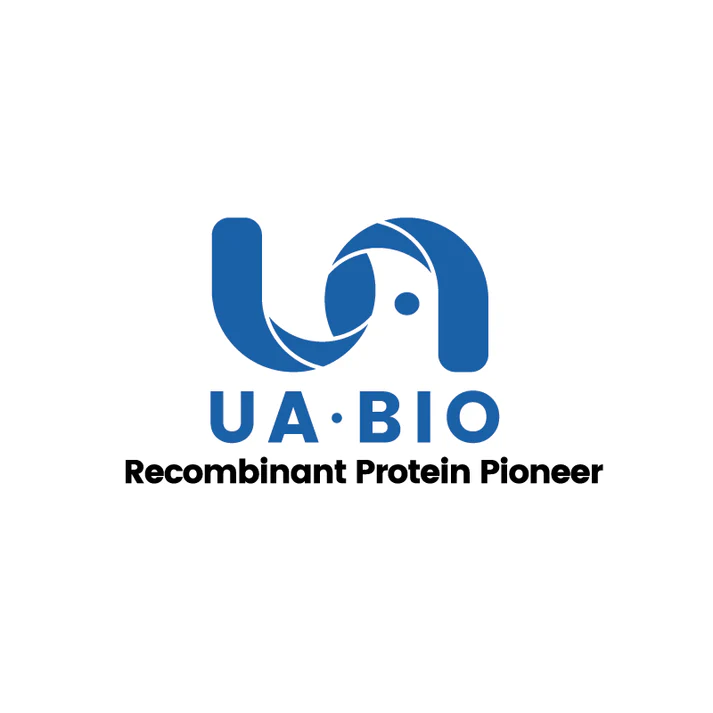1μg (R: reducing condition, N: non-reducing condition).
Product Details
Product Details
Product Specification
| Species | Human |
| Synonyms | C-C motif chemokine 22, CC chemokine STCP-1, Macrophage-derived chemokine, Small-inducible cytokine A22, Stimulated T-cell chemotactic protein 1 |
| Accession | O00626 |
| Amino Acid Sequence | Gly25-Gln93 |
| Expression System | E.coli |
| Molecular Weight | 9kDa (Reducing) |
| Purity | >95% by SDS-PAGE |
| Endotoxin | <0.1EU/μg |
| Conjugation | Unconjugated |
| Tag | No Tag |
| Physical Appearance | Lyophilized Powder |
| Storage Buffer | 20mM Tris, 0.7M NaCl, pH 8.0 |
| Reconstitution | Reconstitute at 0.1-1 mg/ml according to the size in ultrapure water after rapid centrifugation. |
| Stability & Storage | · 12 months from date of receipt, lyophilized powder stored at -20 to -80℃. · 3 months, -20 to -80℃ under sterile conditions after reconstitution. · 1 week, 2 to 8℃ under sterile conditions after reconstitution. · Please avoid repeated freeze-thaw cycles. |
| Reference | 1. Cell Mol Immunol. 2022 Sep;19(9):1054-1066. Epub 2022 Aug 12. |
Background
CCL22 is a macrophage-derived immunosuppressive chemokine that recruits regulatory T cells through the CCL22:CCR4 axis. It was shown to play a key role in suppressing anti-cancer immune responses in different cancer types. The chemokine CCL22, predominately produced by dendritic cells (DCs), regulates T reg migration via binding to its receptor CCR4. CCL22 controls T cell immunity, both by recruiting T regs to the tumor tissue and by promoting the formation of DC-T reg contacts in the lymph node. There was article showed that tumor-associated macrophages (TAMs) produced an abundance of C-C motif chemokine 22 (CCL22), whose expression in the tumor stroma was positively associated with the level of intratumoral phospho-focal adhesion kinase (pFAK Tyr397), tumor metastasis and reduced patient survival.
Picture
Picture
SDS-PAGE


